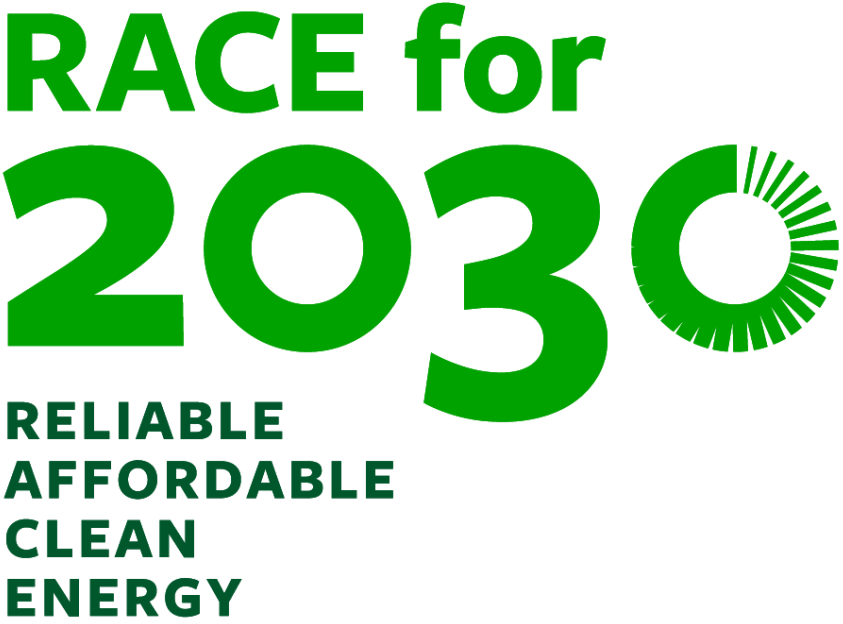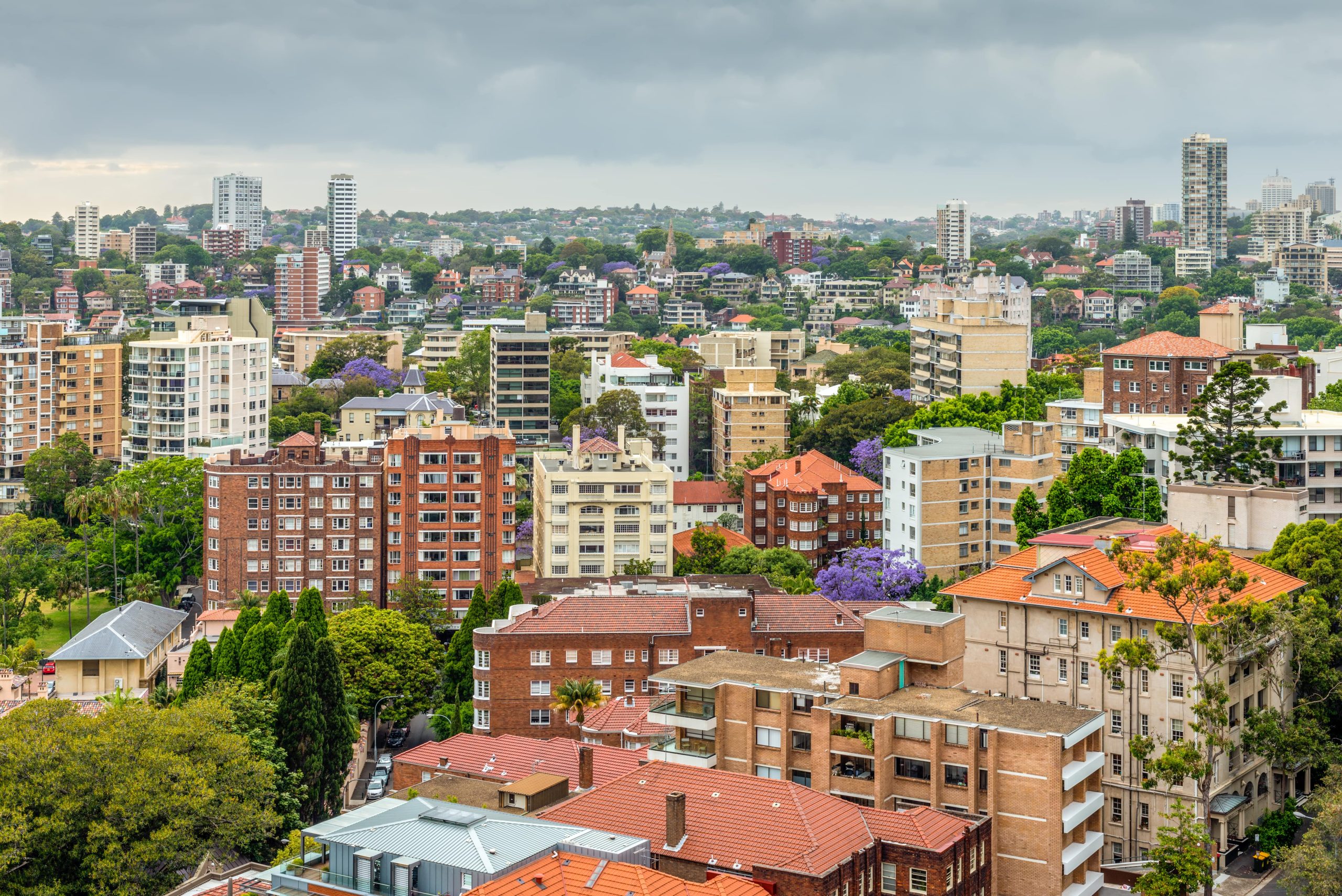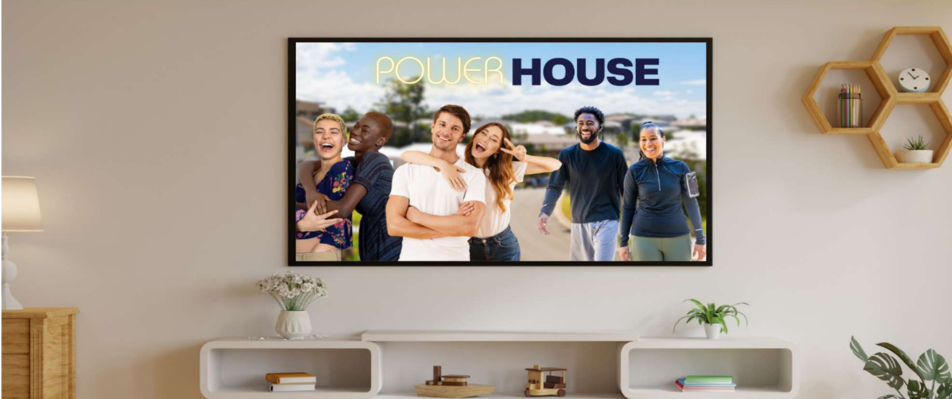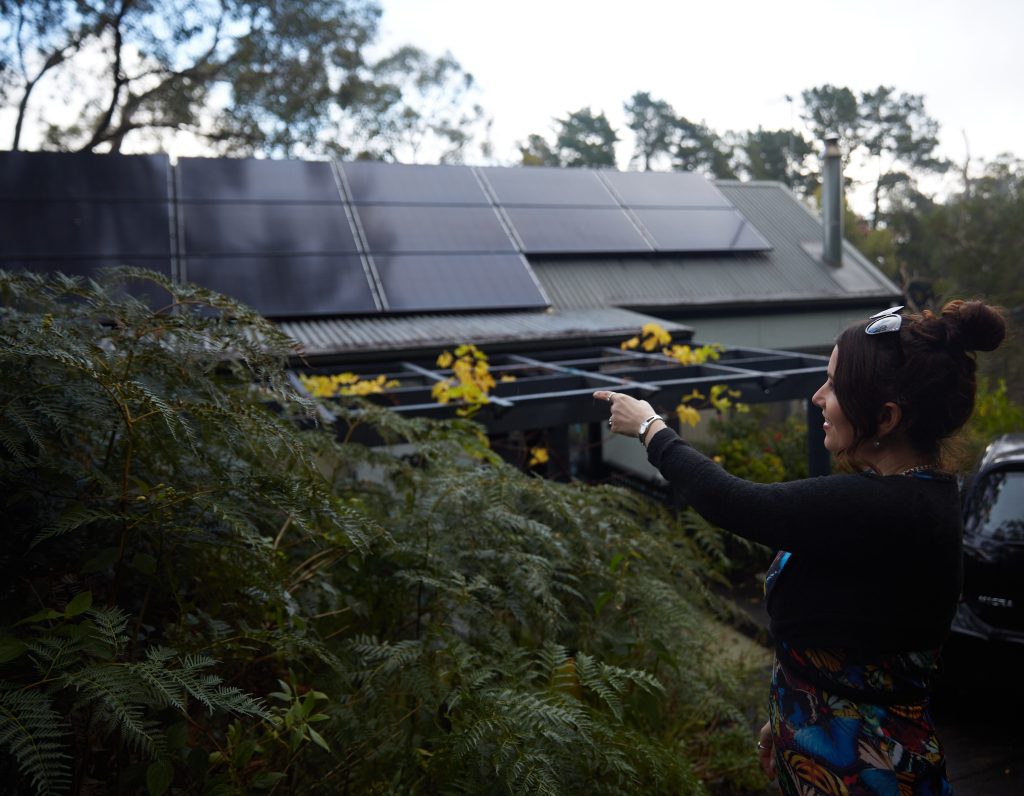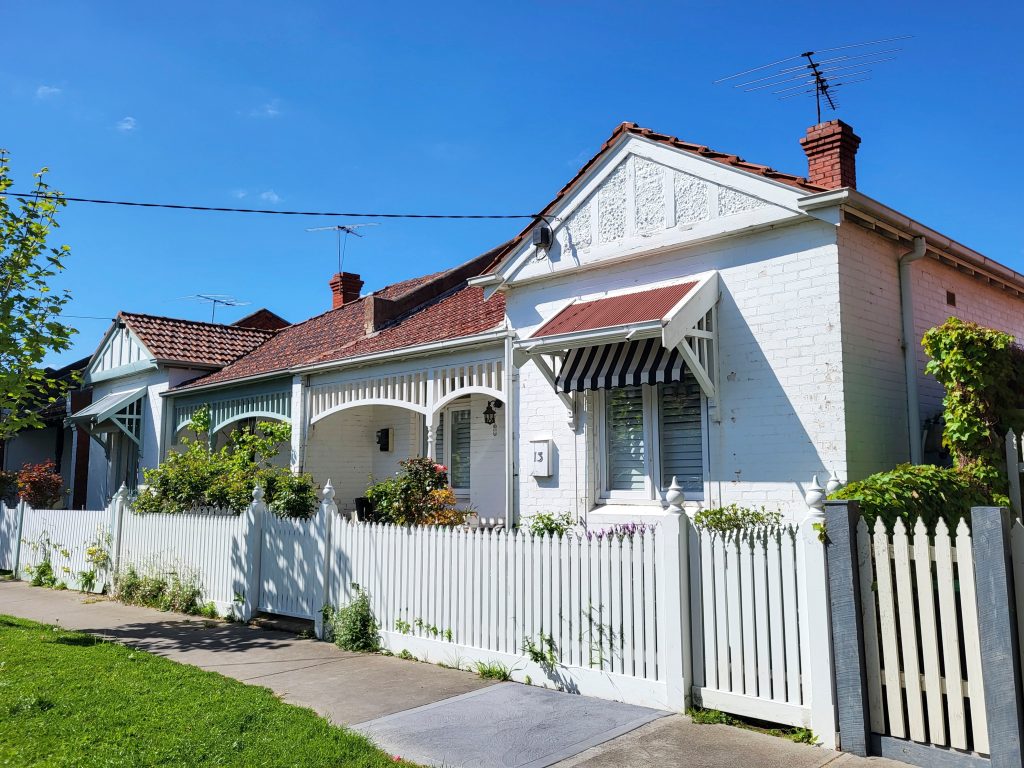Chief Investigators
Prof. Hazel Easthope (UNSW)
Dr Edgar Liu (UNSW)
A/Prof Anna Bruce (UNSW)
Dr Mike Roberts (UNSW)
Purpose of project
In the move to Net Zero in Australia, apartments have been largely left behind. The unique difficulties of retrofitting apartments means that they have ended up in the ‘too hard’ basket when it comes to both policy and practice. This project brings together experts in apartment building governance with experts in renewable energy and strata law to provide resources to help property owners make a case for retrofits and evidence to support regulatory and behaviour change.
This research will:
- Assist property owners to make a case for retrofit by providing examples of successful retrofit projects and an indication of the likely costs and benefits.
- Provide information and resources to support behaviour change (e.g. encourage residents to change their energy usage behaviour).
- Help inform government decisions on programs, grants and incentives to encourage sustainable retrofits in apartment buildings.
- Provide information to support regulatory reform (e.g. amendments to strata scheme management acts, support the case for mandatory disclosure of building performance).
Work packages
WP1 Identifying retrofit opportunities & regulatory barriers
- Classify apartment buildings into 7-8 types considering building form, age, and materials
- Identify and cost feasible retrofit strategies for these types
- Include information on specific implications for strata (e.g. lot/common property; approvals).
- Review of strata regulation across NSW, ACT, Victoria and Queensland. These jurisdictions contain the largest number of apartment properties (QLD, NSW, VIC) and have the most advanced regulatory reform in this space (ACT).
A graphic-designed information sheet with detailed accompanying supporting information, will be developed for each of the building types. These are aimed at a general audience and can be used by building owners and governments to better understand the potential of apartment retrofits in different types of buildings.
A short report on regulation aimed at a professional audience, including government regulators, will inform discussions on policy and regulatory change. The regulatory review could be expanded to other jurisdictions subject to additional project funding.
WP2 Modelling retrofit opportunities
Models of each of the building types identified in WP1 including running costs, payback periods, impacts of building-wide energy use and peak and off-peak demand.
These models are aimed at a technical professional audience. They will provide further depth and detail to the information provided through WP1 and will also contribute to discussions with case study participants who are part of WP3. There is also the potential to include development of a user interface to make these models more accessible subject to additional project funding.
WP3 Realising retrofit opportunities
- Case studies with 4 buildings undertaking retrofit, including in the City of Randwick and the City of Melbourne. This research will include a review of governance issues & tracking of thermal comfort and electricity usage.
- These case studies will be written for a general audience and include interview quotes from owners/occupants. The case studies will show people what can be achieved and how it has been achieved to inspire people and help them to prepare for retrofits in their own buildings. They will also provide insights for government bodies on where investment might be best directed, where policy change is needed and where more attention needs to be provided to education and engagement with property owners.
Project partners – industry and research
UNSW Collaboration on Energy and Environmental Markets (CEEM) (Lead), ACT Government, Australian Glass and Windows Association, Australian Government DCCEEW, City of Melbourne, City of Randwick, NABERS, NSW DCCEEW, Owners Corporation Network of Australia
Industry Reference Group members
City of Adelaide, City of Sydney, City of Vincent, DEECA Victoria, Facility Managers Association of Australia, Let Me Be Frank, Milli Studio, Solar Victoria, Wattblock
Status
- In Progress
Project Leaders
- Hazel Easthope, UNSW
- Edgar Liu, UNSW
- Anna Bruce, UNSW
- Mike Roberts, UNSW
Earlier Research
Completion Date
March 2028
Project Code
0680
